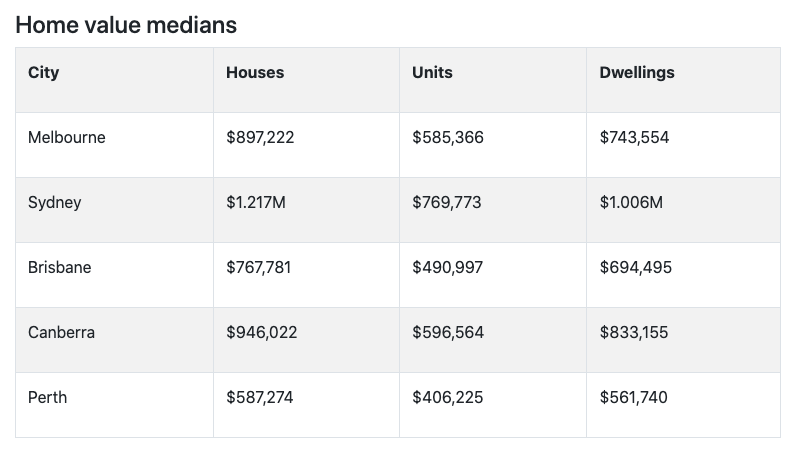In the lead up to the Federal Budget, better-than-expected inflation figures were cause for optimism that the lengthy run of cash rate hikes have had an impact.
US stocks in April saw the biggest rally that has been experienced for months, as investors looked beyond gloomy economic data.
Local markets were buoyed by the Wall Street rally, as well as welcome signs of inflation easing, with the ASX200 ending the month slightly higher.
Click here for our May update video.
Please get in touch on 03 9723 0522 if you’d like assistance with your personal financial situation.
Suite 2, 1 Railway Crescent
Croydon, Victoria 3136
Email: integrityone@iplan.com.au
Telephone : 03 9723 0522





